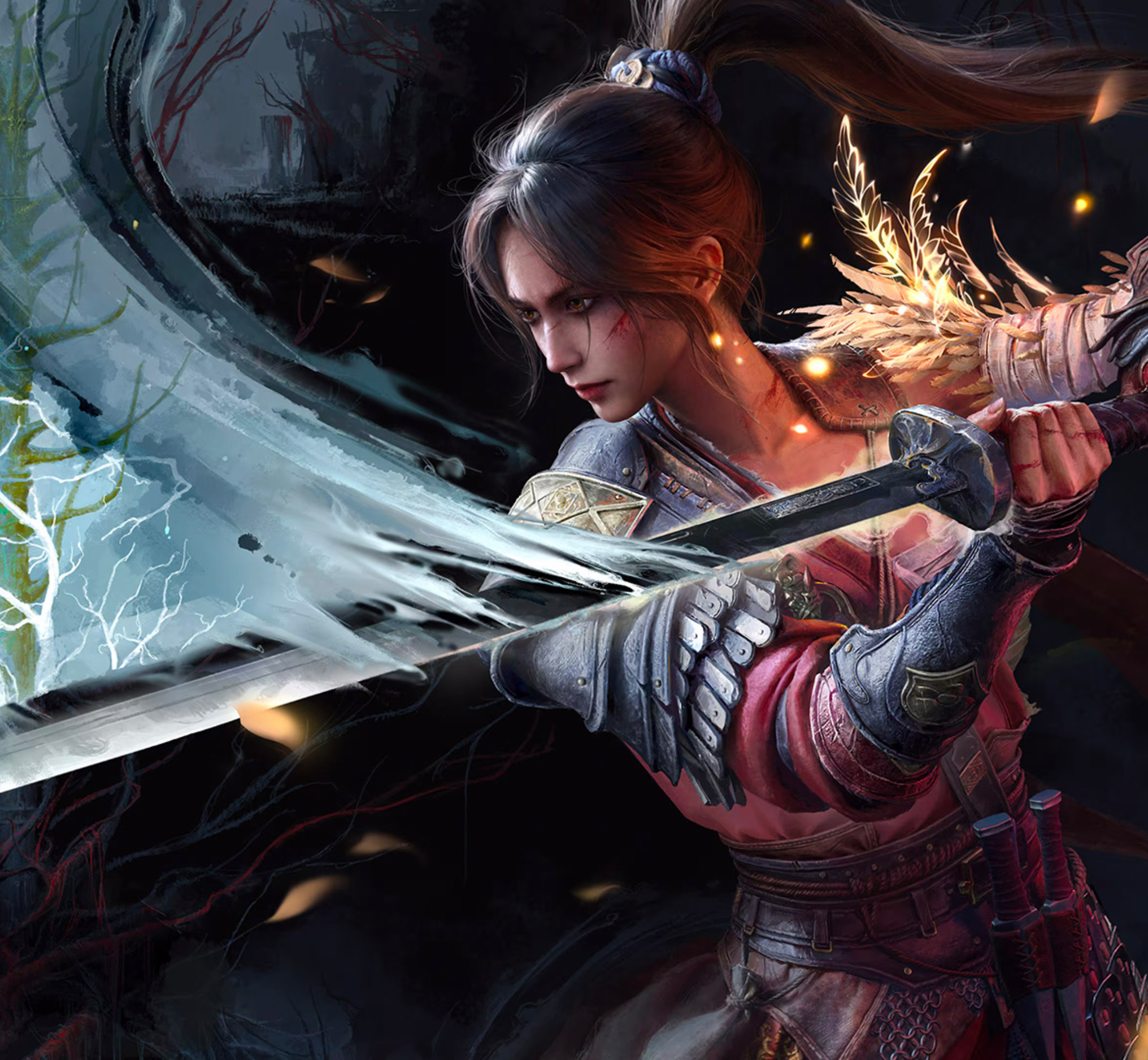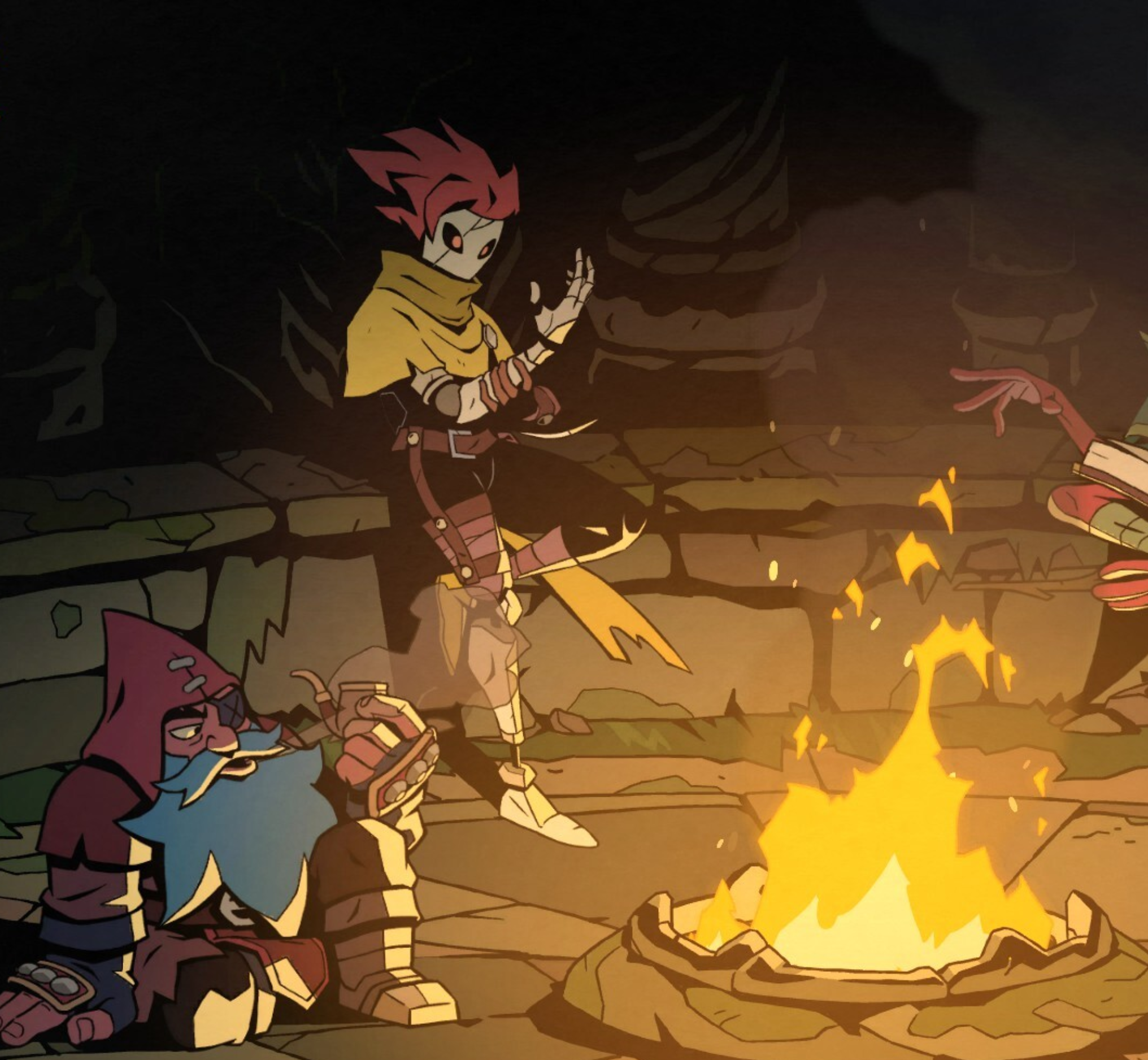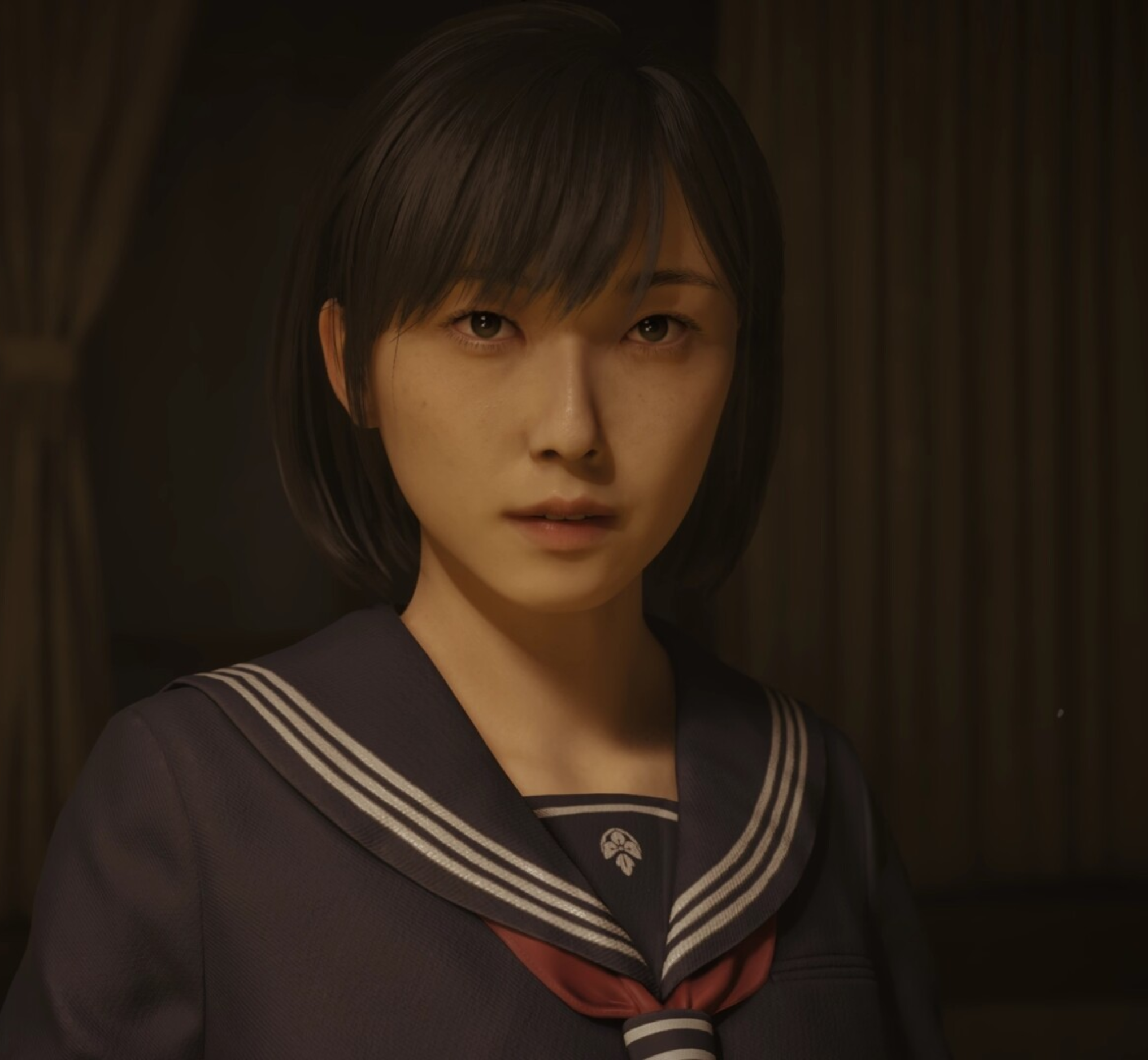On July 24, 2025, Wuchang: Fallen Feathers launched across major platforms, ushering in a striking melding of heavy-hitting combat and Chinese folklore in a gritty Soulslike package. With fast-paced melee, branching narrative choices, and beautifully haunting environments rooted in Ming Dynasty aesthetics, the game aims to redefine how Western audiences engage with Chinese history and myth.
Scorching Combat Meets Cultural Depth
At its core, Fallen Feathers delivers punishing action that rewards precision and adaptation. Players engage in fluid sword-based combat where every enemy encounter is a test of timing and mastery. Dodging, parrying, and initiating devastating counters are essential, while environmental hazards—like slick courtyard floors or shifting scaffolds—add layers of challenge.
The game doesn’t shy away from myth: bosses personify ancient spirits or vengeful scholars, and their attacks fuse traditional martial arts with supernatural spectacle. Legendary weapons—such as a serpent-whip dao or spirit-infused halberd—offer gear variety, each bringing elemental effects like fire, ice, or spectral bleed.
A Narrative Woven Through Choice
Role-playing elements elevate Fallen Feathers beyond standard sword-swinging fantasy. Players begin in the city of Wuchang, tasked with recovering a stolen sacred talisman that binds restless spirits to the mortal realm. As the story unfolds, they must align with competing factions—temple guardians, rebel revolutionaries, or wandering monks—influencing city politics and spiritual balance.
Major plot decisions influence the ending: will you resurrect a revered ancestor to seal supernatural gates, or break tradition and usher in social upheaval? Side stories, like investigating haunted tea houses or exorcising river demons, add narrative richness and world-building depth.
Ming Dynasty Setting Meets Ethereal Design
The visual world of Wuchang effortlessly blends historical architecture with mystical elements. Expect flickering lantern lighting along ancient stone streets, gilded temple courtyards haunted by glowing spirits, and overgrown bamboo groves dotted with shrine ruins. Fog and shadows fade in and out, contributing to that eerie, suspenseful atmosphere.
Environmental storytelling is key: crumbling statues, faded murals depicting past rebellions, and homes draped in protective talismans whisper the setting’s past. Musical cues draw on traditional Chinese instrumentation—guzheng strings and sighing bamboo flutes—accentuating every tense moment and solemn revelation.
Player Growth Through Ritual & Relic
Beyond gear, character progression is rooted in spiritual rituals and relic imbedding. Completing offering sequences at temple altars unlocks buffs tied to your moral path—righteous zeal or ambitious pragmatism. Collected relics (like Jade Eye of Truth or Spectral Crane’s Feather) grant active skills or combat bonuses, encouraging exploration beyond main objectives.
Crafting echoes historical mechanics: players work with herbalists, blacksmiths, and spirit-seers to forge talismans, prepare potion tonics, or enchant weapons—blending community trust and in-game progression.
Reception & Emerging Legacy
Day-one feedback from players praises Fallen Feathers for its cultural fidelity and refined gameplay loop. Hardcore Souls fans appreciate the sharp responsiveness and nuanced dodge timing, while newcomers are drawn in by narrative flexibility and environmental immersion. Social channels buzz with deep dives into hidden spirit bosses and branching story paths.
Critics and players alike see Wuchang not as a mere homage to Soulslike structure, but as a cultural bridge—one offering fresh mechanics and atmospheric storytelling anchored deeply in Chinese legend.
Final Thoughts
With Wuchang: Fallen Feathers, developers have crafted a horror-laced fantasy defined by raw combat, meaningful storytelling, and a richly detailed world that draws on history and myth. As more players explore forked narratives and ritualistic progression systems, it’s clear: Fallen Feathers isn’t just the next Soulslike—it’s a new voice in immersive gaming that’s as spiritually engaging as it is structurally demanding.



